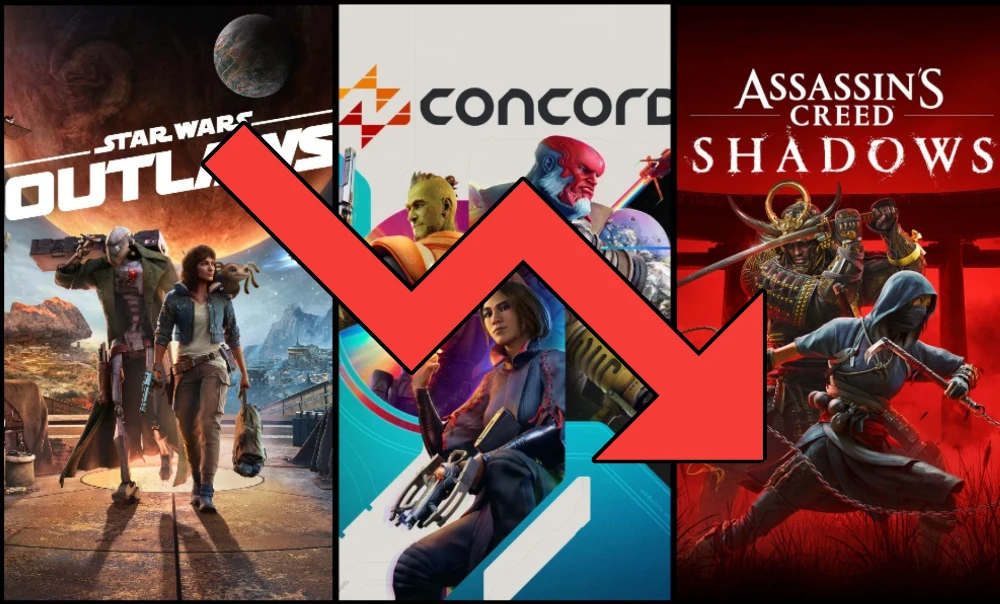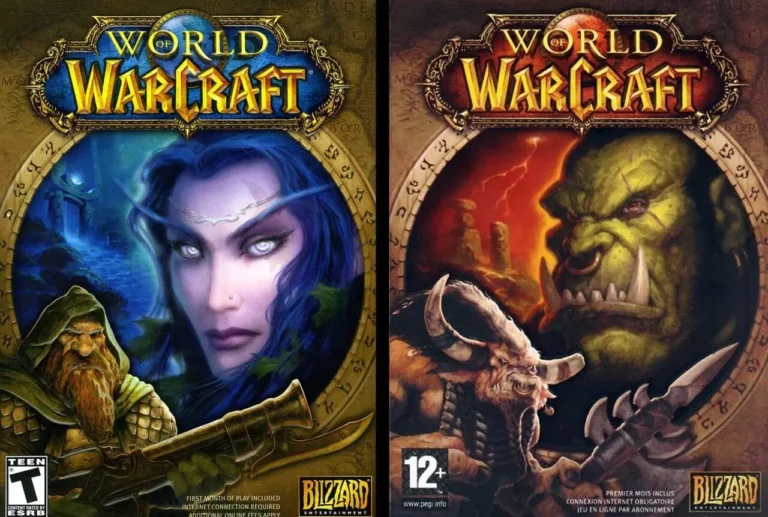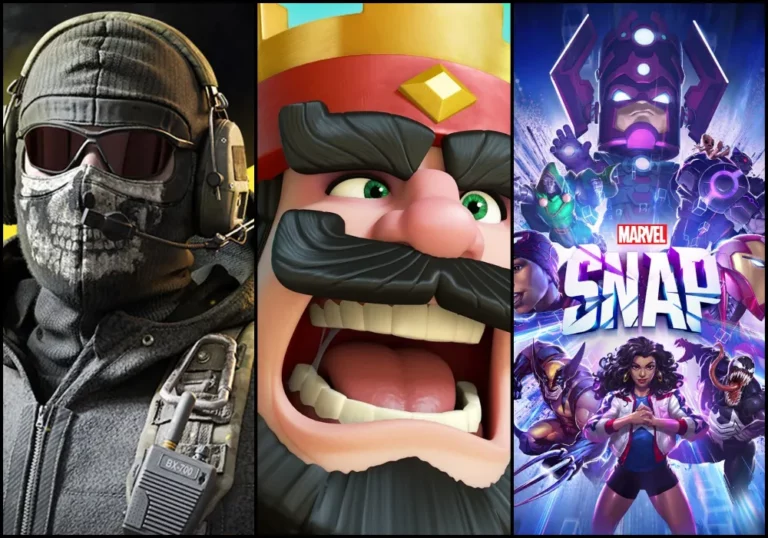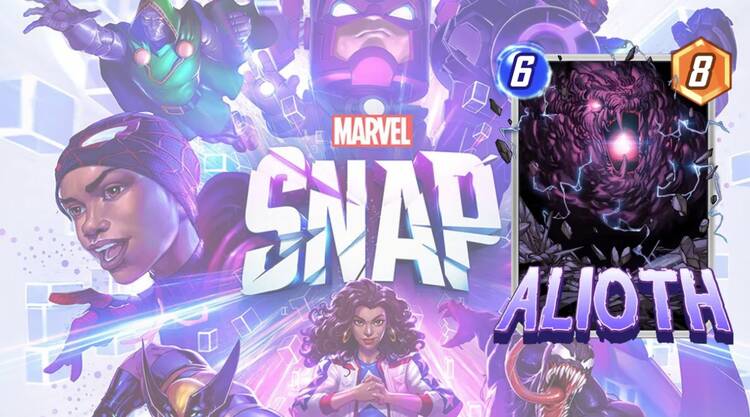AAA games are a very complex subject and have a deep history in the gaming industry. When I say AAA games, I mean the games that require a huge budget and a lot of time to be made (by major studios). They are in nature different from the rest of the games simply because of the huge amounts of resources that they require.
So, a studio of around 20 to 30 people is really a different category from a mega-corporation like Rockstar Games that has thousands of people working for years on one game, like Red Dead Redemption 2. This is, in essence, what defines a AAA game. So, with that out of the way, I will explore how AAA games, in recent years, have been on a very turbulent downward trajectory.
The Rise of AAA Games
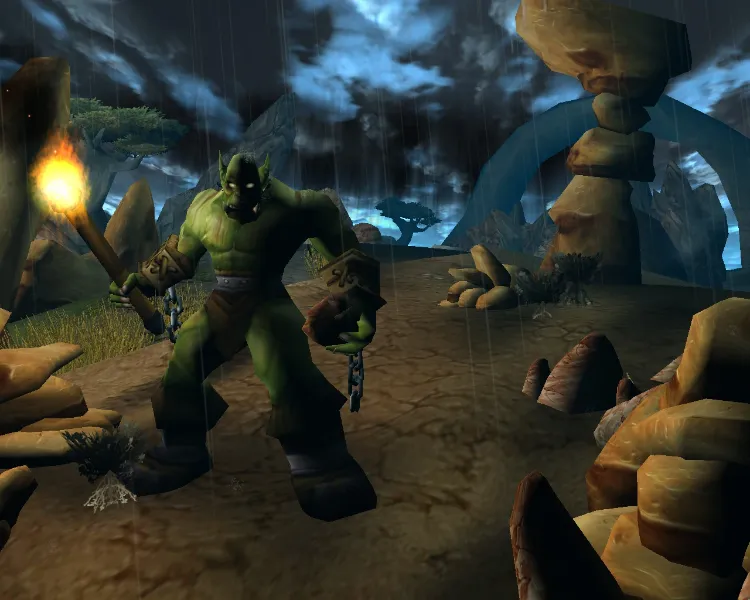
Credits: Blizzard Entertainment
The rise of AAA games has been a well-documented phenomenon. Early video games were simple and limited in terms of mechanics and overall gameplay. As time went on, the demand for video games grew, and studios saw an opportunity to capitalize on this audience by creating high-quality games that required years of development and dedication to produce. These types of games were literal breakthroughs in the gaming industry, with iconic titles like Diablo, StarCraft, The Legend of Zelda, Counter-Strike, and Warcraft, to name a few. Of course, there are many more games of this caliber, as the industry has been producing AAA titles for decades.
Nevertheless, if I had to pinpoint the golden era of AAA games, it would likely be between 1995 and 2005. These years truly shaped the modern gaming scene, and it feels as though everything released today exists in the shadow of the games from this period. Just looking at recent AAA titles, it’s clear that many modern releases borrow heavily from the classics. However, instead of innovating and pushing boundaries, they often rely on proven formulas. As I think about and reflect on the golden age of gaming, from 1995 to 2005 (maybe 2010-2012) the question arises: are we merely chasing the shadows of these masterpieces, or can we expect the next great leap forward in game design? Let’s explore this issue further.
Repetitiveness In AAA Games
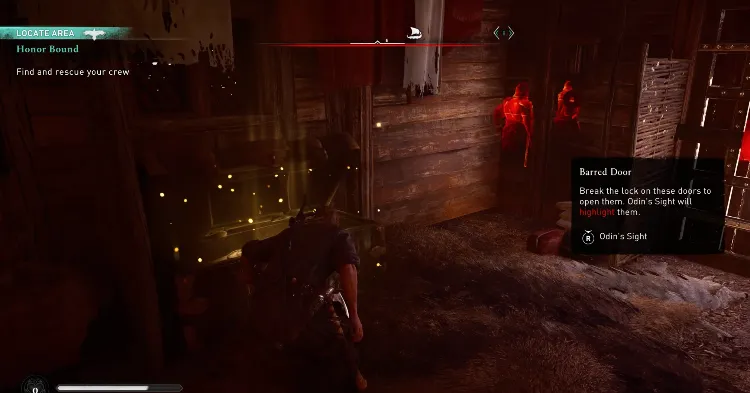
Credits: Ubisoft
Probably the biggest issue right now is repetitiveness. I can complain that a lot of games nowadays lack cool mechanics or are released with some weird features and design choices, or even that they are very produced in such a way that employs predatory monetization strategies. But even all that wouldn’t be such an issue if the games were actually innovative, and fun, and offered players something new, more than anything else, a new experience. That is what I (and many other gamers) am looking for – a new experience! In the last 10 years, there have been some of these games. For example, games like Stellaris, Dark Souls Series, Dragon’s Dogma, and even Fortnite (which pushed the boundaries of the third-person shooter genre) have been a breath of fresh air. On the other hand, if you look at the scale of the gaming industry, this is extremely underwhelming.
While there has been a shift and improvement in the so-called “quality of life” in gaming, the very passion and innovation that a lot of these huge AAA companies with colossal amounts of resources and budget made are right now just playing it extremely safe and repeating the same formula over and over again. For example, games like Assassin’s Creed were innovations back in the day that superseded the Prince of Persia series, and even though I’m not a huge fan of these types of games, I played my fair share of Assassin’s Creed Revelations, Assassin’s Creed 3, and Prince of Persia.
These kinds of games really offered something new, and they felt like a heavily budgeted passion project. Nowadays, AAA games just lack the soul and passion, and combining the repetitiveness, the generic formula, shady monetization strategies, and unfinished releases, it’s easy to see why the AAA gaming industry has fallen to its knees.
The Formula (For Disaster)
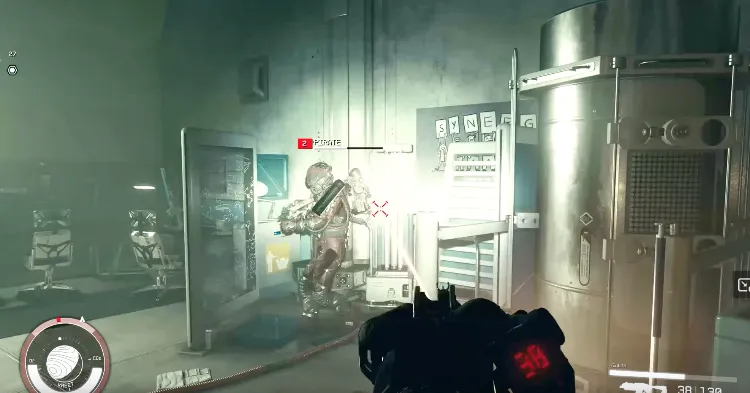
Credits: Bethesda Software
So I already mentioned the formula of AAA games, but let’s see how things actually play out. The basis of this criticism is not really that the formula is necessarily bad, but that the formula is already being really, really played out and stretched. It literally feels like mobile phones – getting the same (new) one every year with some incremental changes.
In regard to mobile phones, that is fine, but when it comes to video games, that is absolutely not acceptable and is a plague to the gaming industry. Games should be an exploration of new ideas, new features, new mechanics, and moving the industry forward so that gamers can enjoy new experiences every year. This formulaic approach really destroys all of these concepts of innovation. Ubisoft/EA are literally just finding out new ways to use their 15-year-old formula and monetize it again, instead of building something new.
Usually, this is because the bureaucracy and the investors of the company don’t really want to take any risks, huge money is at stake. But by not taking risks, we get very plain and bland games. When I hear that there is a new big Ubisoft or EA title coming out, I just have an extreme amount of skepticism about how good this new game is going to be. I just know they are going to release an unpolished, unfinished, repetitive, and quite simply boring product that will be forgotten in less than a few months. Moreover, not only are these formulas repeated, but they also feel like inferior versions of the original since the original is made with passion and this is just made to effectively produce a product.
The “Souls-like” Phenomenon
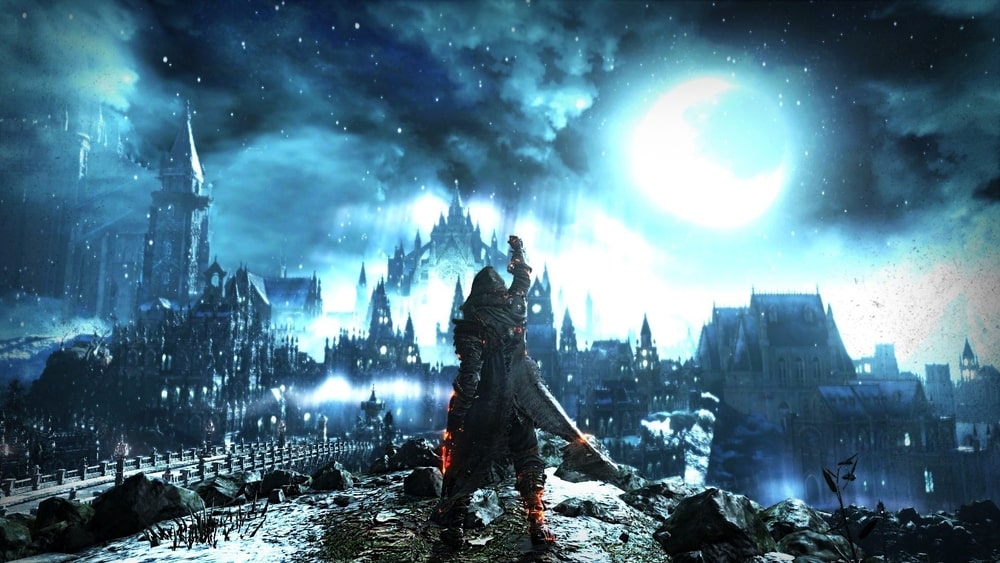
Credits: FromSoftware
Let’s explore the souls-like phenomenon that has been created and this idea of “innovation”. The reason a game like Elden Ring is so popular is because FromSoftware created this souls-like formula. It represents a breakthrough from the stale old formulas that you will see in a lot of games nowadays. Some of these formulaic patterns are: everything has a checkpoint, a map, a detailed explanation, and waypoints that show you exactly where you need to go, and what you need to do, all whilst being pretty easy to do. Basically, a very “streamlined” way of play. The reward of doing it is really underwhelming, it feels like a to-do checklist, and thus it isn’t really fun.
Dark Souls 1 takes “risky” innovations to another level. The game introduces concepts like relentless and sometimes unfair difficulty, which is very rewarding when you overcome it. This isn’t the case in a lot of games. In your “typical” games like Horizon Forbidden West, the UI is extremely formulaic, and it treats players like some sort of idiots who need guidance from start to finish.
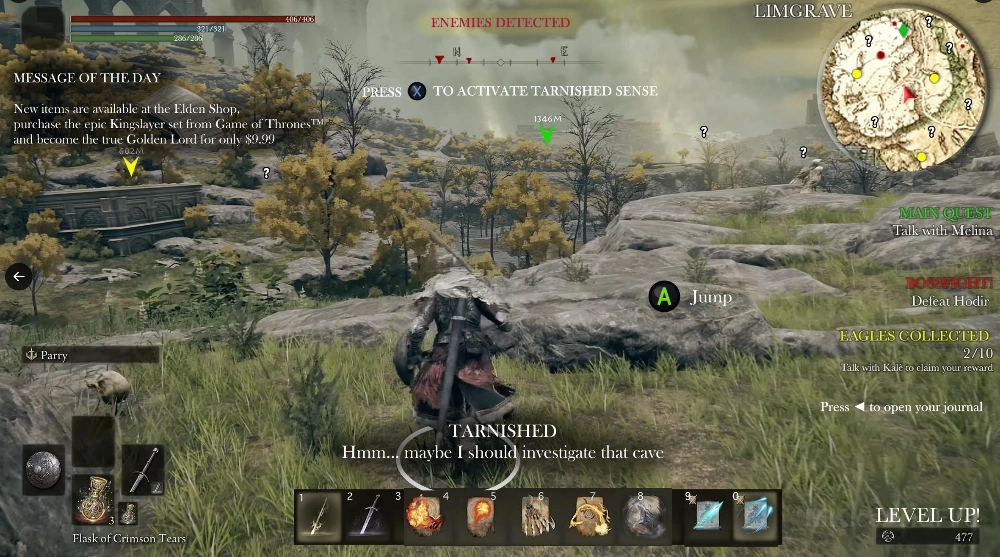
Credits: Twitter (How would Elden Ring look like with the “modern” formula)
These kinds of games like Dark Souls take a more profound approach to exploring what actually makes a video game fun. Why is dying 10 times to a random mob in Elden Ring more fun than beating the whole Assassin’s Creed game? Why is it more intriguing to find some rusty old magic sword in Dark Souls 1 than it is to acquire a bunch of new weapons in some other mainstream RPG? Well, there is sort of this underlying passion and thoughtfulness that players can see and feel when playing a game. It’s not there that it’s because it’s necessarily more difficult or “more developed”, it’s that you kind of feel the authenticity of the developer when playing the video games. This authenticity, risk-taking, and passion leads me to the next very important subject, and that is Indie Games.
The Influx of New Indie Games and New Great Ideas
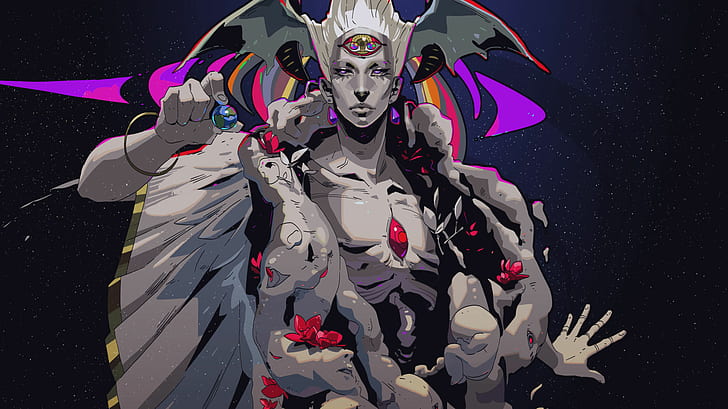
Credits: Supergiant Games
The rise of indie games is an interesting phenomenon, especially considering the state of AAA games in the time period. I personally see myself drawn much more to explore high-quality indie games rather than waiting for a new promised AAA game from Ubisoft or EA on the horizon (no pun intended). This was not always the case. Indie games were low-quality, mediocre copies of big AAA titles that were just subpar, but right now it seems that indie games are leading the charge when it comes to ideas, innovation, risk-taking, and, essentially, fun.
I find that some of these games blow out of the water most of modern AAA titles. Factorio, Slay the Spire, Hades, Dead Cells, They Are Billions, and Vampire Survivor are just some of the games I played in the last few years and I can safely say that I played many more Indie games or even mobile phone games than AAA games, by far. You get games for just a fraction of a budget, that are infinitely more fun and high quality than a lot of AAA games made by huge studios. This just goes to show how much these giant corporations are crippled by bureaucracy, unwillingness to take risks, and a general lack of passion for projects.
What Needs To Happen and What Is The Future of AAA Games

Credits: CD Projekt Red
So what exactly needs to happen in order to change the course of this trend? Well, we see some light at the end of the tunnel because games like Elden Ring still show that you can go mainstream with some different and quirky ideas. Moreover, studios are getting a huge backlash from the gaming communities for their repetitiveness and lack of passion. They will eventually need to take bigger risks and take the feedback much more seriously. Because at the end of the day, if the company is not making money, in this case, if the players don’t like the game, then the company will cease to exist unless it adapts to the marketplace. The sign of this change happening is when I (we) start feeling that special excitement when a AAA game is announced.
For example, when Civilization V was announced, it was huge. We all knew how Civilization IV was amazing and the idea of a new Civilization game brought joy to gamers. When Civilization V came out, it was everything you expected to be and more. The game was simply good. Then Civilization VI came out and it wasn’t really a step forward. And with all these shenanigans in the gaming industry, right now we’re waiting for the announced Civilization VII and I’m just thinking: What will go wrong with the game, and what will be the problem this time? I hope that it will be a good game but there’s just this underlying skepticism that is prevalent. This kind of feeling translates to almost every new title that is announced and that is just how gamers nowadays feel. Will this trend continue in the future? Well, only time will tell.
